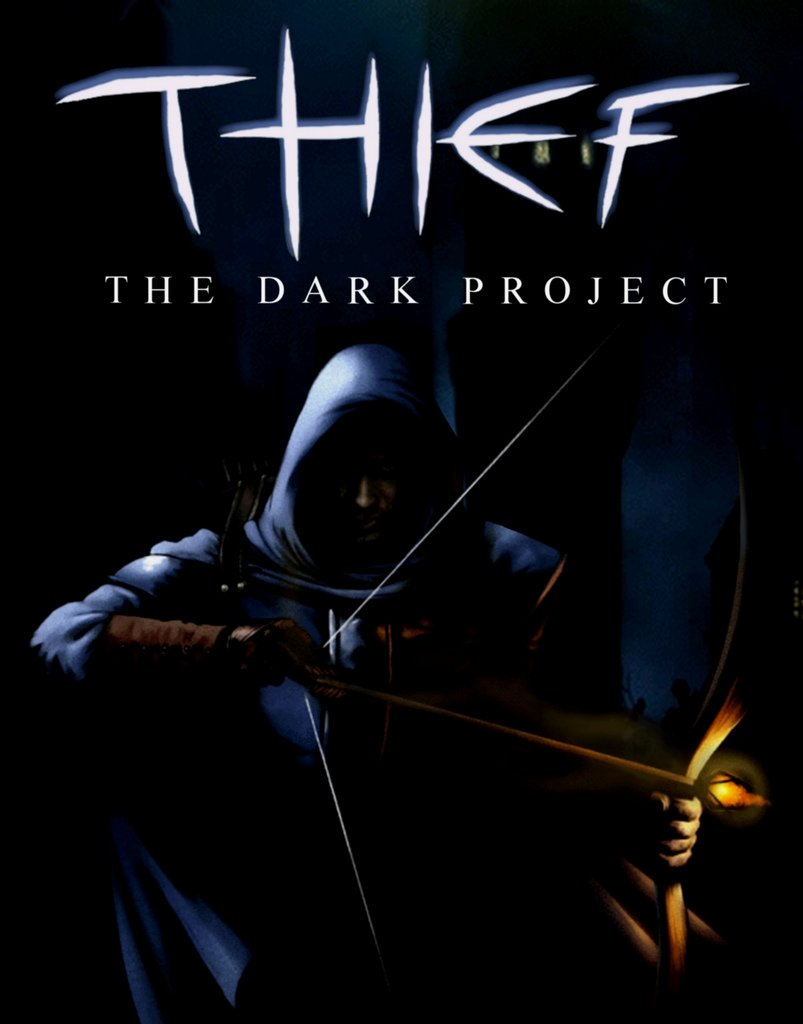So, Mr. Rogers.
An abomination, because any good Christian knows that we're only special because who died for us. Our worth is transitory and can be bartered or sold away.
When that worldview cracked and crumbled, I didn't think much of Mr. Rogers. Slowly, I learned things about him. Like that he was, in fact, a minister.
And then, Mr. Rogers died, and when a white-man-in-power dies, one waits to hear how his legacy is more complicated than we were led to believe.
Mr. Rogers seems to have done that.
That is, the movie and the book forget about the women. Mr. Rogers did not.
In particular, Betty Aberlin and Margaret McFarland.
I think it's stupid. It's a bad story. It's harmful, damaging, and we should let this burn.
Because I don't think Mr. Rogers, even with all his passion, money, and drive, could have had the impact he did alone. I don't think anyone can.
Alone, we fall prey to ourselves.
Together, we're so much stronger and fierce. We give each other strength, we have each other's backs.
But we're also creatures that mimic and copy what we see - we only expect what we know.
That's what we'll try to do.
Teams don't diminish individuals; they elevate them.
It takes a team.
A community.
And I'm so very blessed to have my own neighborhood where I'm seen and loved.
Plug for @jimchines - he's done really excellent blog series where people come and talk about their experiences, particularly in terms of fiction. I highly recommend them. And him.




